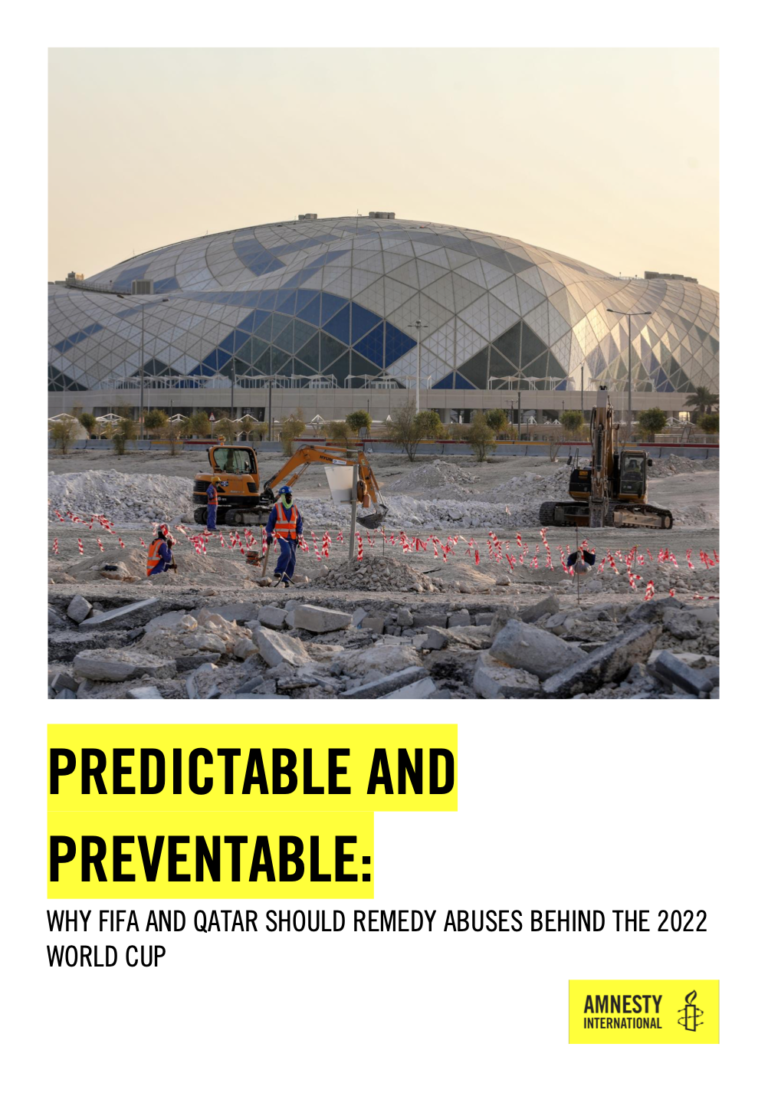Normative Framework Guide: Responsibility of Businesses Concerning Human Rights, Labour Exploitation and Human Trafficking
GuidanceThis normative framework guide provides a summarized overview of existing legal frameworks outlining businesses’ responsibilities with regard to human rights, with a focus on labour exploitation and trafficking in human beings. Various legal frame...Read More

